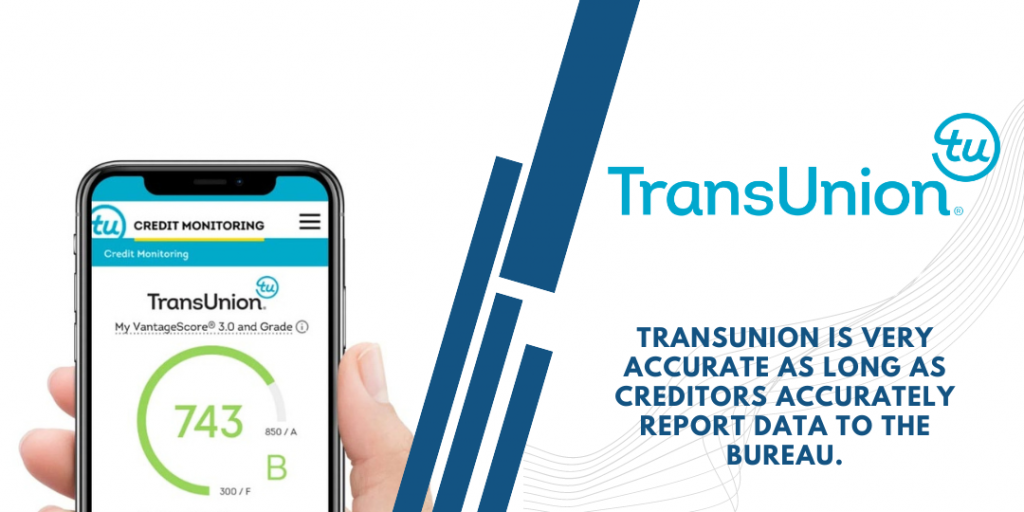What Credit Cards Pull From Transunion Only

The credit reporting landscape can be complex, with various credit bureaus and scoring models used by lenders. Understanding which credit bureau a potential lender pulls from is crucial for consumers seeking credit cards, allowing them to monitor their credit reports strategically and improve their chances of approval.
This article examines which credit card issuers primarily rely on Transunion for credit checks, the reasons behind this preference, and the implications for consumers.
The Big Three and Credit Card Applications
The three major credit bureaus in the United States are Equifax, Experian, and Transunion. Each bureau maintains its own database of consumer credit information, which can sometimes result in slightly different credit scores across the three.
Credit card issuers typically pull credit reports from one or more of these bureaus when evaluating applications. While some issuers pull from all three, others consistently favor one particular bureau.
Credit Card Issuers and Transunion
While specific practices can change over time and vary by region and card type, some issuers are known to lean towards using Transunion. These include, but aren't limited to, Capital One and some store credit cards.
Capital One, in particular, has historically shown a preference for Transunion, though they may pull from other bureaus depending on the applicant's location and credit history. Store credit cards, often issued by smaller financial institutions or retailers, might also favor Transunion due to existing relationships or cost considerations.
It's important to note that issuers don't always publicize which bureau they use, and these practices can shift. The best way to know for sure is to monitor your credit reports regularly.
Why Transunion? Factors Influencing Bureau Selection
Several factors influence a credit card issuer's choice of credit bureau. These can include existing business relationships, data costs, and the geographic location of the applicant.
For instance, if an issuer has a long-standing partnership with Transunion, they may receive preferential pricing on credit reports. Data accuracy and completeness can also play a role; if an issuer finds that Transunion's data is more reliable in certain regions, they may opt to use it more frequently.
Furthermore, some issuers might target specific demographics or geographic areas, and they may find that Transunion provides better data coverage for those segments.
Impact on Consumers: Monitoring and Preparation
Knowing which credit bureau an issuer is likely to use empowers consumers to prepare accordingly. Checking your Transunion credit report before applying for a credit card can reveal any errors or discrepancies that could negatively impact your approval odds.
You are entitled to a free credit report from each of the three major bureaus annually through www.annualcreditreport.com. Regularly reviewing these reports is essential for maintaining good credit health.
If you find inaccuracies on your Transunion report, you can dispute them with Transunion. The bureau is obligated to investigate and correct any errors within a reasonable timeframe.
Conclusion
While it's not always possible to predict with certainty which credit bureau a lender will pull from, understanding the tendencies of major issuers like Capital One and the importance of monitoring your Transunion report can significantly improve your chances of credit card approval.
Proactive credit management, including regular report reviews and prompt dispute resolution, is key to navigating the complex world of credit and securing the financial products you need.
Staying informed about credit bureau practices and maintaining a healthy credit profile are essential steps for responsible financial management.


















